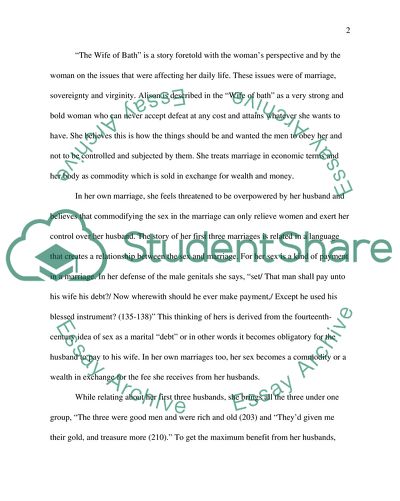Cite this document
(Sex and Greed in Chaucer's The Canturbury Tales Book Report/Review, n.d.)
Sex and Greed in Chaucer's The Canturbury Tales Book Report/Review. https://studentshare.org/literature/1730508-sex-and-greed-in-chaucers-the-canturbury-tales
Sex and Greed in Chaucer's The Canturbury Tales Book Report/Review. https://studentshare.org/literature/1730508-sex-and-greed-in-chaucers-the-canturbury-tales
(Sex and Greed in Chaucer'S The Canturbury Tales Book Report/Review)
Sex and Greed in Chaucer'S The Canturbury Tales Book Report/Review. https://studentshare.org/literature/1730508-sex-and-greed-in-chaucers-the-canturbury-tales.
Sex and Greed in Chaucer'S The Canturbury Tales Book Report/Review. https://studentshare.org/literature/1730508-sex-and-greed-in-chaucers-the-canturbury-tales.
“Sex and Greed in Chaucer'S The Canturbury Tales Book Report/Review”. https://studentshare.org/literature/1730508-sex-and-greed-in-chaucers-the-canturbury-tales.


